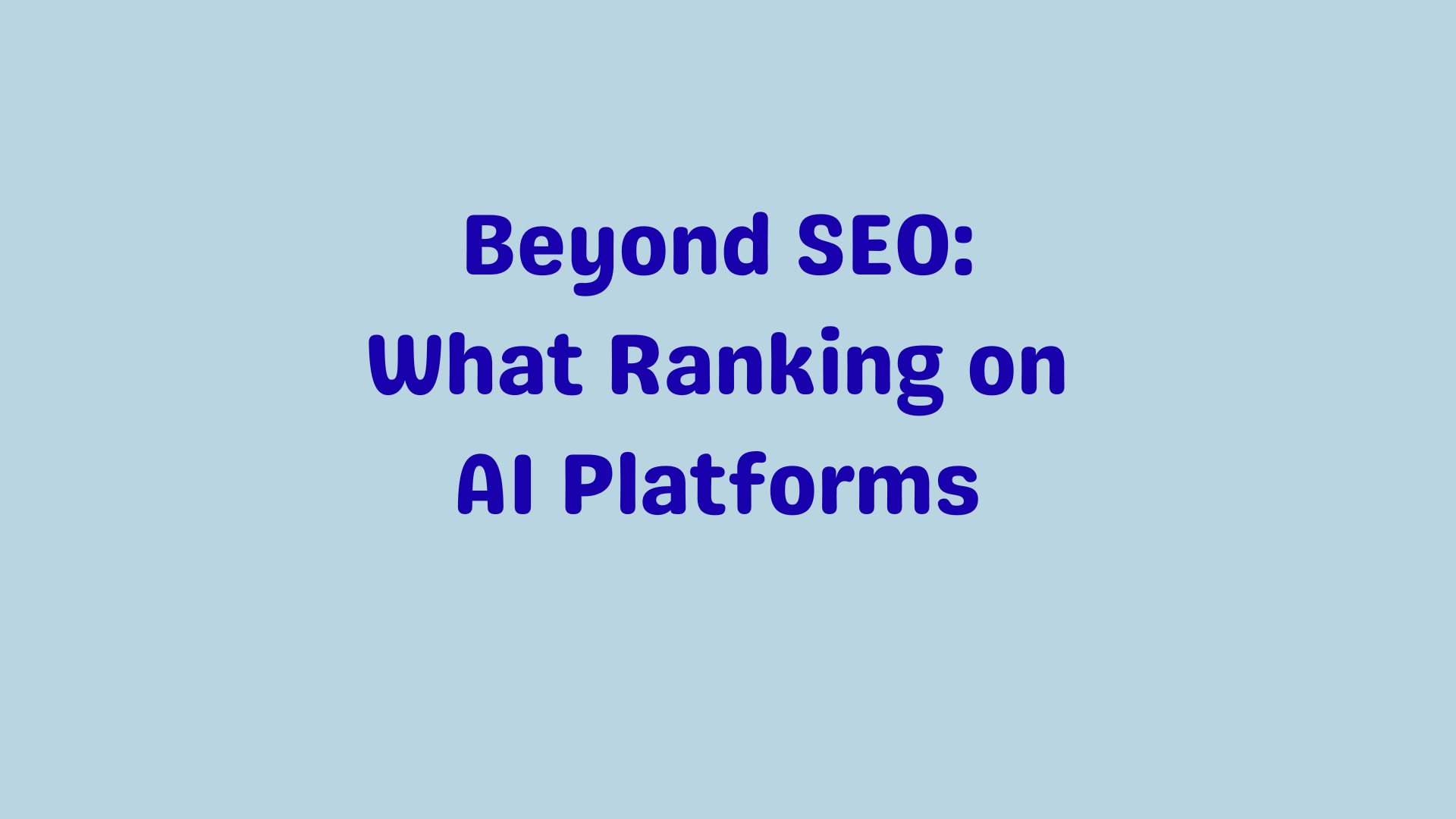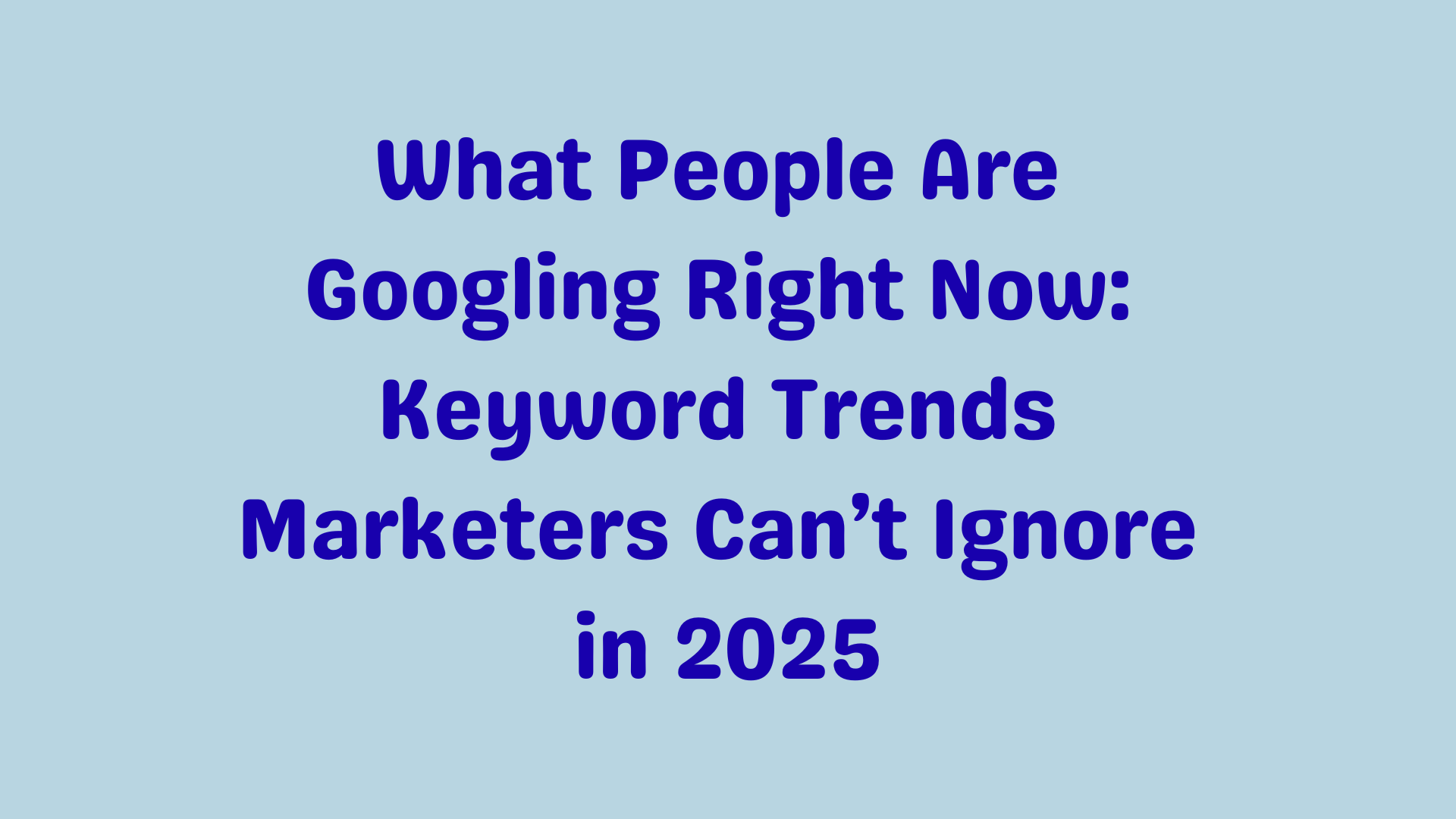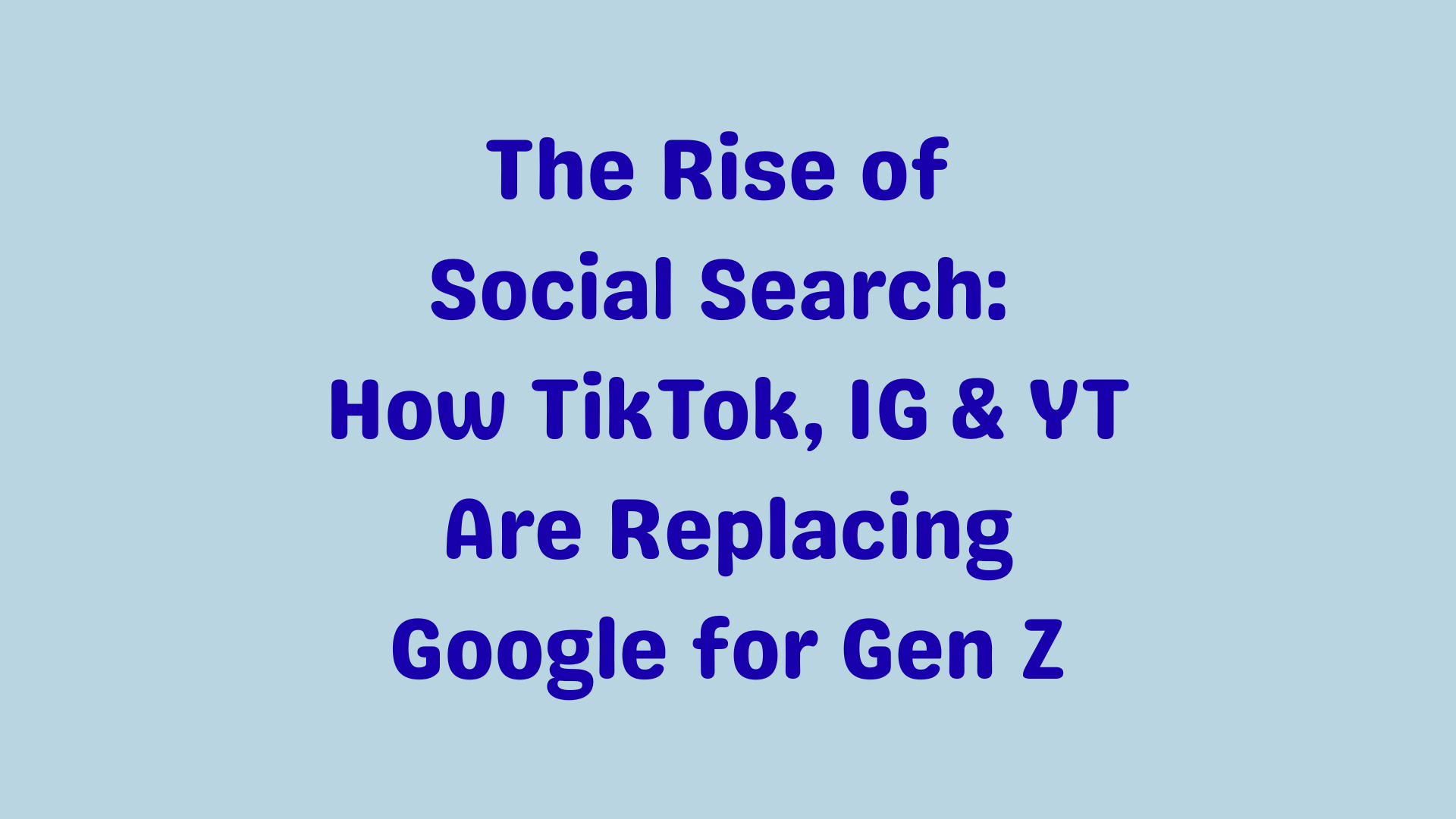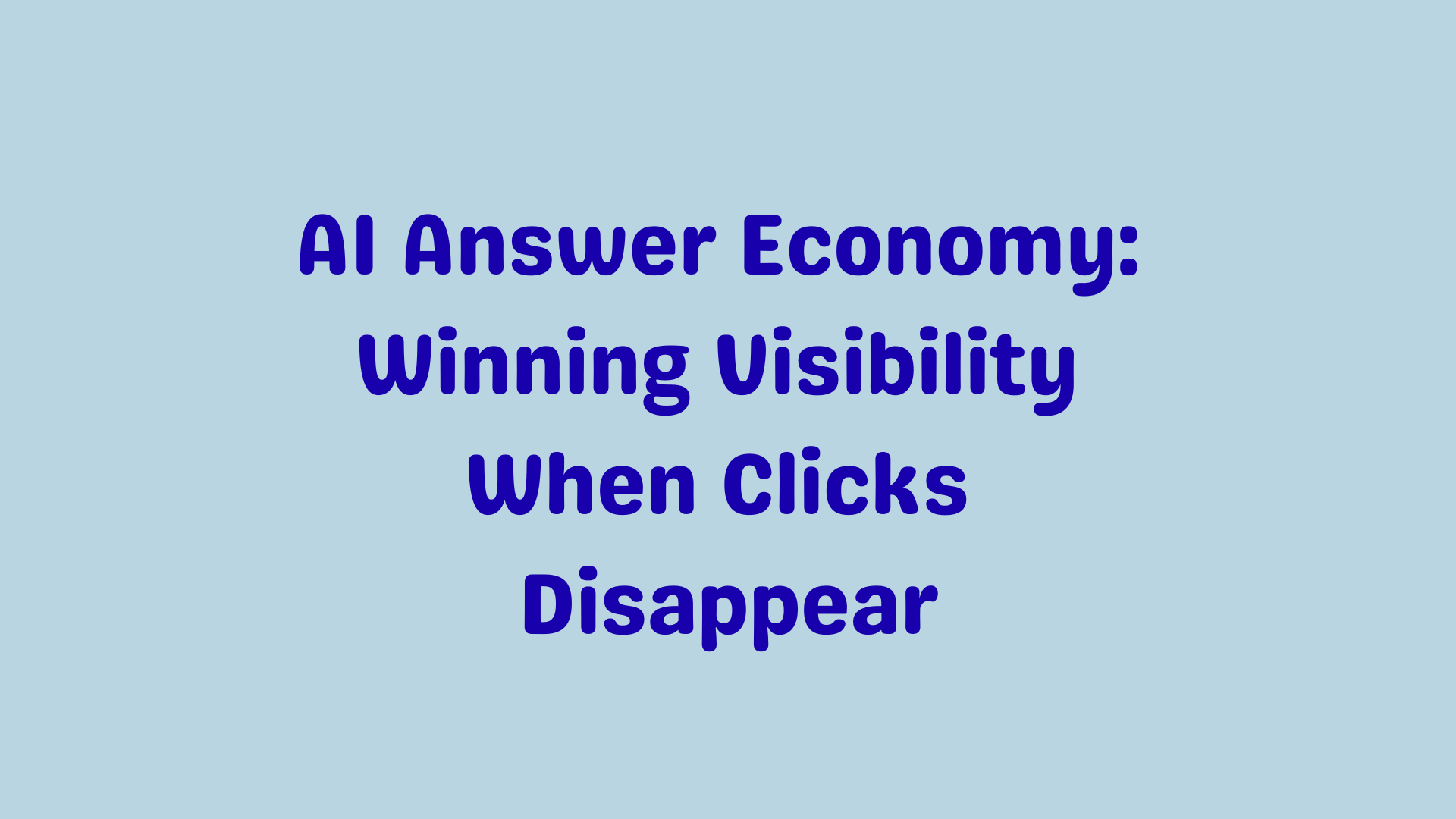From keyword stuffing to prompt optimisation, are SEOs ready for the AI-first web?
The Search Landscape Has Changed; for Good

For nearly 20 years, SEO had a single goal: get on Google’s first page. But in 2025, that’s no longer enough.
AI platforms like ChatGPT, Gemini (formerly Bard), Perplexity, and Claude are reshaping how people find information. Instead of listing links, they serve up full answers; instantly and often without sending users to a website.
In May 2025, Similarweb reported that AI chatbots now drive 5.6% of U.S. desktop search traffic, double from last year. Google’s AI Overviews on Gemini reach over 2 billion users monthly. And most of them get what they need without clicking away.
Now, success isn’t about being first in search; it’s about being the source AI trusts to quote.
Why Traditional SEO Isn’t Enough
Traditional SEO relied on keywords, backlinks, and metadata. But AI tools aren’t just scanning for signals; they’re interpreting context and meaning.
ChatGPT and Gemini analyse how clearly your content answers a question. Perplexity pulls live citations from trustworthy sources. Authority and clarity now matter just as much as content depth.
If your message isn’t well-structured and easy to trust, it probably won’t make the cut.
The New Playbook: AEO, GEO & AI SEO
To keep up, marketers are shifting to three new strategies tailored to how AI platforms read and reference content:
● Answer Engine Optimisation (AEO): Format content to answer specific questions; think FAQs, bullet points, and summaries.
● Generative Engine Optimisation (GEO): Build content that earns citations from AI. Use reputable sources, stay focused, and show expertise.
● AI SEO (LLM SEO): Write for how large language models process content; clarity, structure, and efficiency matter more than ever.
“It’s no longer about links and keywords. It’s about structuring clarity and truth for AI,” says Pablo Hernandez Vega, founder of Kalicube.
Platform-Specific Tips: How to Stay Visible
ChatGPT & Claude
Use the RAISE approach: Relevance, Authority, Intent, Structure, and Engagement. Get to the point early. Group your content by user intent to improve clarity and retrieval.
Perplexity
Make formatting work in your favour; use bullets, headers, and FAQs. Update your content regularly; Perplexity tends to favour fresh, structured pages.
Gemini / AI Overviews
Use structured data like FAQ and How-To schema. Pages that already perform well and cite sources are more likely to appear in summaries.
When Clicks Don’t Tell the Full Story
AI-generated answers often skip links altogether. That might reduce traditional CTRs, but it also increases passive visibility.
As Beverly Jackson, CMO of Expedia, told Business Insider: “We now optimise to be part of AI-generated trip suggestions; whether it’s ChatGPT or Copilot. It’s not just about clicks anymore; it’s about brand recall.”
Marketers need to start tracking:
● Brand mentions in AI-generated content
● How often content is cited or summarised
● Visibility across AI chat responses
The Big Shift: From Ranking to Relevance
SEO isn’t dead, it’s evolving fast. The brands that will thrive are those that learn how to feed these new engines the right kind of information in the right way.
That means:
● Writing with AI comprehension in mind
● Prioritising clarity, authority, and trust
● Watching how your brand shows up, not just on search engines, but inside AI-generated answers
In this new era of search, don’t just aim to rank. Aim to be the answer.



